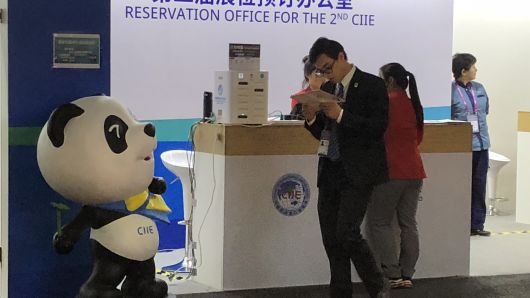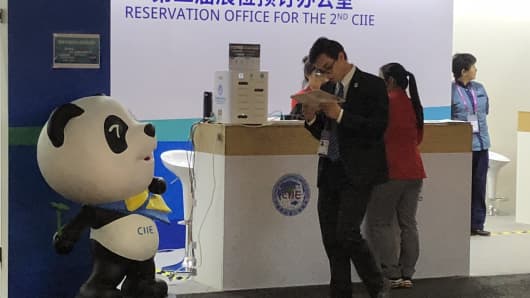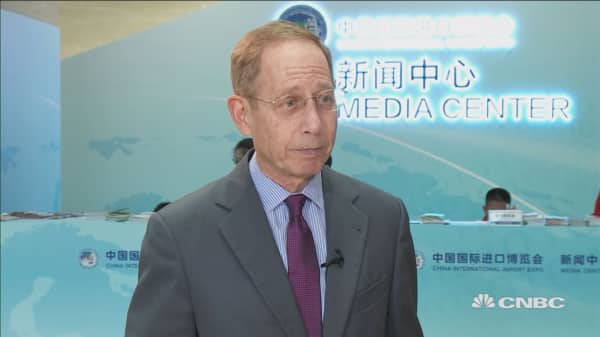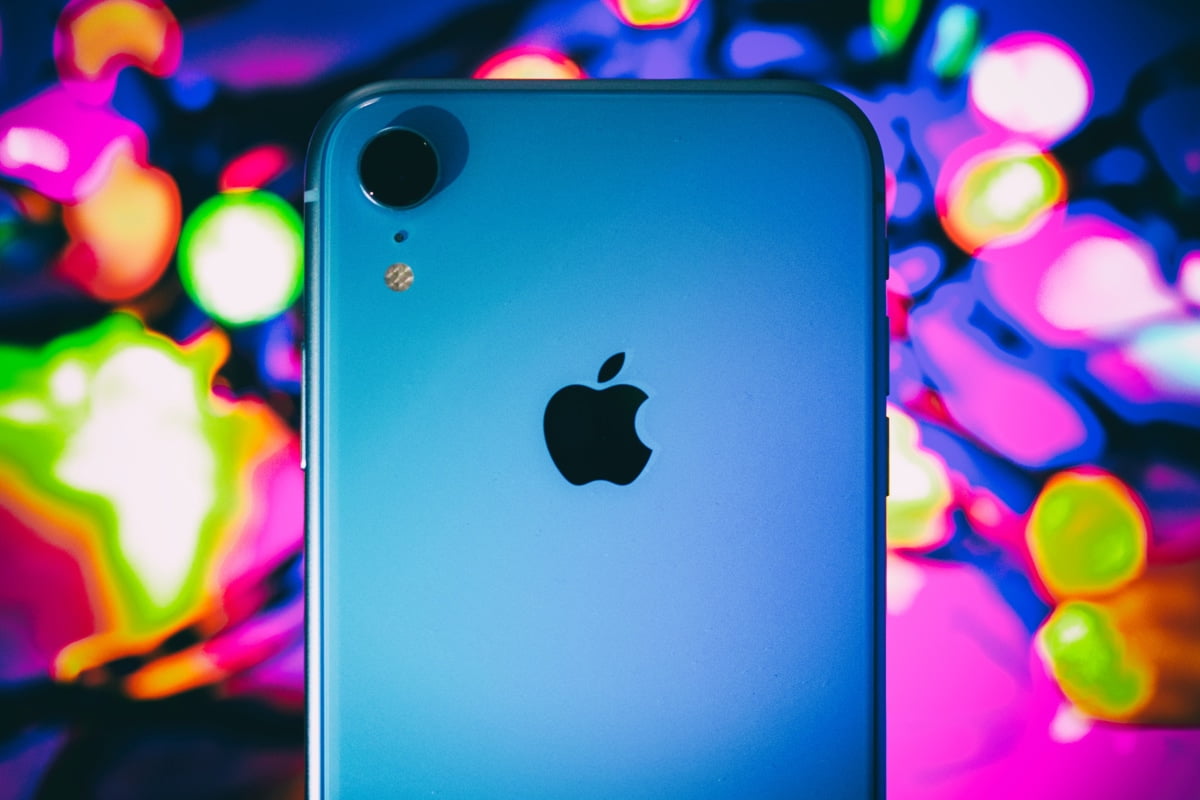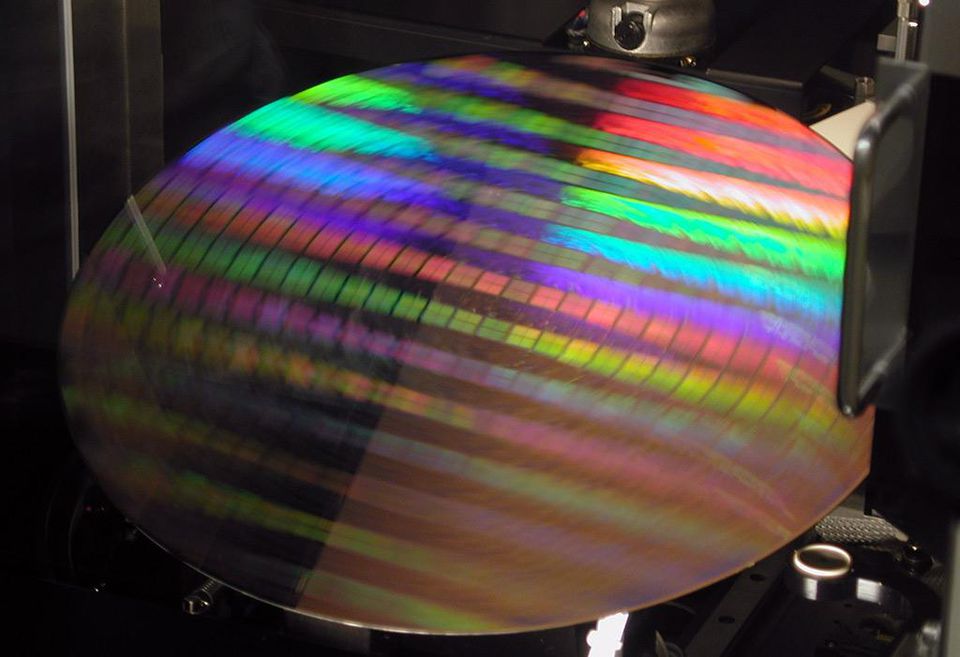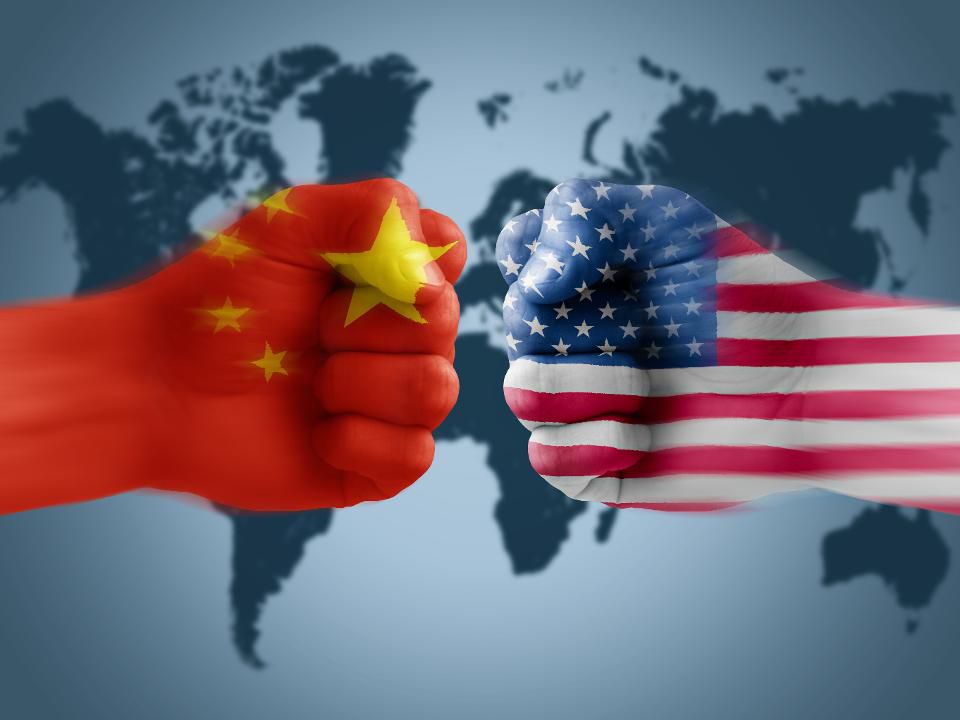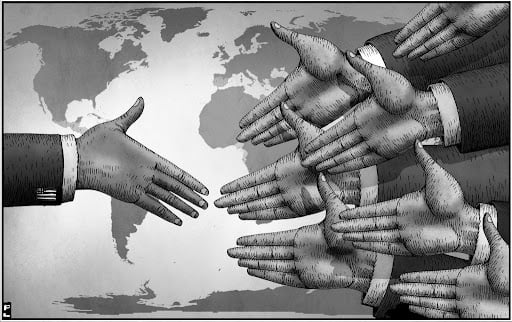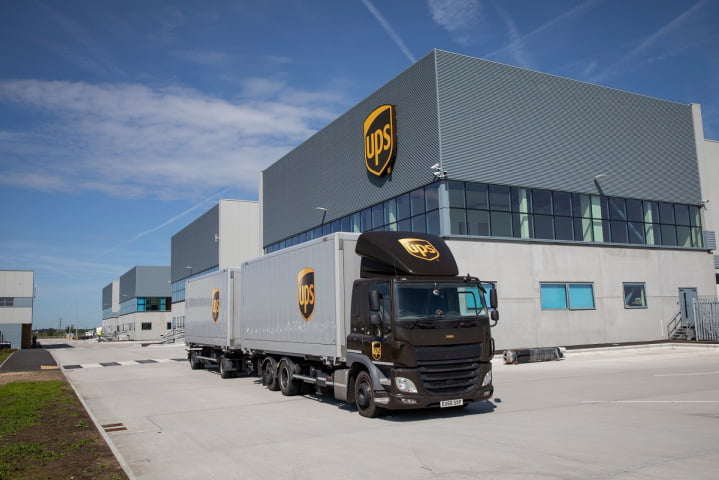SHANGHAI, China — China’s largest city rolled out the red carpet this week to help President Xi Jinping try to show other nations how serious his country is about becoming their best customer.
By official figures, more than 400,000 buyers — including representatives from nearly all of China’s state-owned enterprises — had the chance to meet with more than 3,600 businesses from 172 countries at the China International Import Expo. Johnson and Johnson, Honeywell, General Motors and Google were among the nearly 180 American companies reportedly attending.
To welcome the businesses, a handful of international state leaders and the Chinese president, Shanghai lit up its buildings across town on Sunday night. Roads shut down, local schools and government offices closed for two days and tech giant Didi partially suspended its ride-hailing service. Roughly 300 students from the local prestigious colleges volunteered to direct visitors around a four-leaf clover exhibition space the size of at least 55 football fields near Shanghai’s Hongqiao Airport on the western edge of town. An army of security officers hovered the grounds, and sometimes made guests walk through gated entrances with roughly 30 turns.
Of the Communist government’s many goals for the import expo — billed as the first of many — “one is to increase China’s prestige as a market, as a global leader in international commerce,” said Craig Allen, president of the U.S.-China Business Council.
“I think it probably has been pretty successful at that,” he said.
But as for Xi’s stated aim of turning China into a global market importer, “a trade show is probably not particularly relevant,” Allen said. Rather, he said, “the real test is whether or not the policy measures articulated by President Xi will be implemented in the near term.”
Xi kicked off the expo on Monday with a speech that mostly reiterated past promises to further open up the world’s second-largest economy to foreign players.
As his country faces rising tensions with its largest trading partner, Xi pledged greater punishments for intellectual property theft — a point of contention with the Trump administration. The Chinese leader who this year abolished presidential term limits also said his country will further lower import tariffs and speed up the opening of sectors such as education and culture.
Those are moves in the direction the West would like to see, but not enough.
“What matters to us is that concrete actions are forthcoming and that reforms are clearly timetabled,” Carlo D’Andrea, vice president of the European Union Chamber of Commerce in China and chairman of the Shanghai Chapter, said in a statement. “If China really will continue to open up, we would have expected additional and specific commitments to have been announced by President Xi (on Monday).”
Although many companies may not yet have the open access to China they would like, they may be selling more to the country if promises sealed at the expo are met.
“What we are hearing anecdotally, both state-owned enterprises and municipal provincial governments are here in a big way,” Allen said. “They are working on lots of contracts. I hope at the end of the show there will be a final accounting (of deals).”
When contacted by CNBC, the expo said provinces, autonomous regions, municipalities directly under the central government and those with independent planning status, the Xinjiang Production and Construction Corps, state-owned enterprises and the National Health and Health Commission have set up 39 trading groups with 592 subdivisions, for a total of more than 400,000 buyers. There are also several thousand foreign buyers, the expo said.
Information on how much the groups were purchasing was not immediately available.
On Tuesday, the country’s State-owned Assets Supervision and Administration Commission announced that so far, 13 of China’s state-owned enterprises have signed deals “with large foreign businesses and enterprises on imports, services and technology cooperation projects.”
The companies include Volkswagen, Westinghouse Electric, robotics and power grid company ABB, Carnival, Rolls-Royce and Standard Chartered, according to the announcement. Total deal amounts were not disclosed, although two of the agreements had a listed combined value of about $3 billion. A press event scheduled for Thursday on the transactions of Chinese state-owned enterprises during the expo was cancelled without explanation.
Carnival and Standard Chartered confirmed the deals. Volkswagen said it signed a memorandum of cooperation with its Chinese joint venture under which the Asian arm will import parts and vehicles worth a total of about 62 billion yuan ($8.9 billion). The other companies did not immediately respond to an emailed request for comment.
Many other businesses and buyers were busy signing purchase agreements throughout the exhibition halls and country pavilion. Swedish medical equipment company Elekta said many hospitals came to sign such contracts.
“During the past two days, many purchasing (delegations have) expressed their positive intentions, further indicating the huge demand of (China’s) market,” Richard Hausmann, president and Chief Executive Officer of Elekta, said in a statement to CNBC.
Liu Qianqian, a marketing supervisor for U.S.-based industrial diagnostic equipment company Fluke, said in an interview the company had signed purchase agreements with many state-owned and private companies. She added she was generally optimistic about future business after many visitors on Tuesday from Chinese state-owned enterprises.
Chinese e-commerce giants Alibaba and JD.com also used the expo to announce plans to help China import $200 billion and $14.4 billion of foreign goods, respectively.
It’s not clear if these agreements or purchases would have happened anyway without the expo. China wants to boost consumption as it is in the middle of a years-long process of reducing reliance on manufacturing-driven growth.
Shanghai residents also paid a cost to host the event. Last-minute road closures for motorcades of visiting dignitaries caused traffic jams that more than doubled travel time. The office holidays merely shifted the working days to the weekend. Anecdotally, tickets to the expo itself were also very difficult to get.
Still, China is already gearing up for round two. Advertisements in the exhibition center encouraged businesses to sign up for next year — an office at one end of the building was set up for that very purpose. If Beijing is short on reforms, Xi appears set on trying to make good on his Monday pledge to import $30 trillion in goods and $10 trillion in services in the next 15 years.
[“source-cnbc”]

